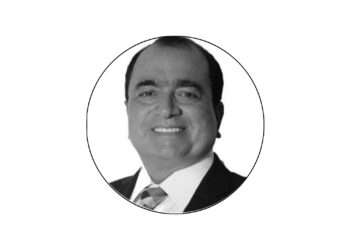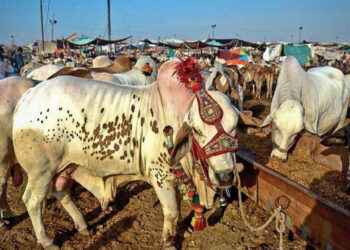Pakistan, a country with a rich history and diverse culture, has witnessed a series of military coups throughout its existence. These coups, which have disrupted democratic processes and governance, have left the nation grappling with the question of stability and the need for a robust democratic system. However, it is essential to recognize that democracy, although challenged, needs time to flourish in Pakistan.
Pakistan gained independence in 1947, and since then, it has experienced periods of democratic rule interspersed with prolonged military interventions. The first military coup took place in 1958 when General Ayub Khan toppled the civilian government of Prime Minister Feroz Khan Noon. Subsequently, the nation witnessed the imposition of martial law under General Yahya Khan in 1969 and later under General Zia-ul-Haq in 1977.
These military coups have undeniably hindered the growth of democratic institutions and practices in Pakistan. The periodic interruptions of civilian rule have led to political instability, weakened institutions, and an erosion of public trust in the democratic process. The military, by assuming power, has often justified its actions as necessary to curb corruption, restore law and order, or address economic challenges. However, such interventions have often resulted in the concentration of power, curtailed civil liberties, and limited political participation.
While the recurring military coups have cast a shadow over democracy in Pakistan, it is important to recognize that democracy is a process that requires time to take root and mature. The struggle for democracy necessitates building strong institutions, fostering a vibrant civil society, promoting democratic values, and empowering citizens through education and active participation.
Transitioning from authoritarian rule to a fully functional democracy is a complex and arduous journey. It demands patience, perseverance, and a commitment from all stakeholders to uphold democratic principles. It is vital for political leaders, civil society organizations, the judiciary, and the military to recognize the value of democratic governance and work collectively to strengthen democratic institutions and processes.
Civil society, including media organizations, human rights groups, and non-governmental organizations, plays a pivotal role in advocating for democracy and holding elected representatives accountable. Their active involvement can help ensure that democratic principles and values are upheld, even in the face of external challenges or internal power struggles.
The international community can also contribute significantly to Pakistan’s democratic journey. By providing technical assistance, promoting dialogue, and encouraging democratic reforms, foreign nations can support Pakistan’s efforts to consolidate democracy. However, it is essential to respect the sovereignty of the country and allow its citizens to determine their own path towards democracy.
The frequent military coups in Pakistan have undoubtedly impeded the progress of democracy in the country. However, it is crucial to acknowledge that democracy is a process that requires time, patience, and collective effort. Despite the challenges, the struggle for democratic governance must continue, with a focus on strengthening institutions, promoting democratic values, and empowering citizens. By nurturing democracy, Pakistan can build a future that embraces pluralism, protects human rights, and fosters social and economic development for all its citizens.





























